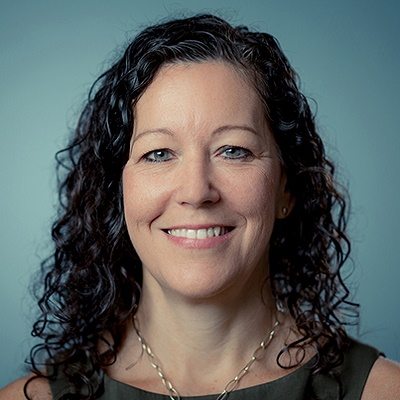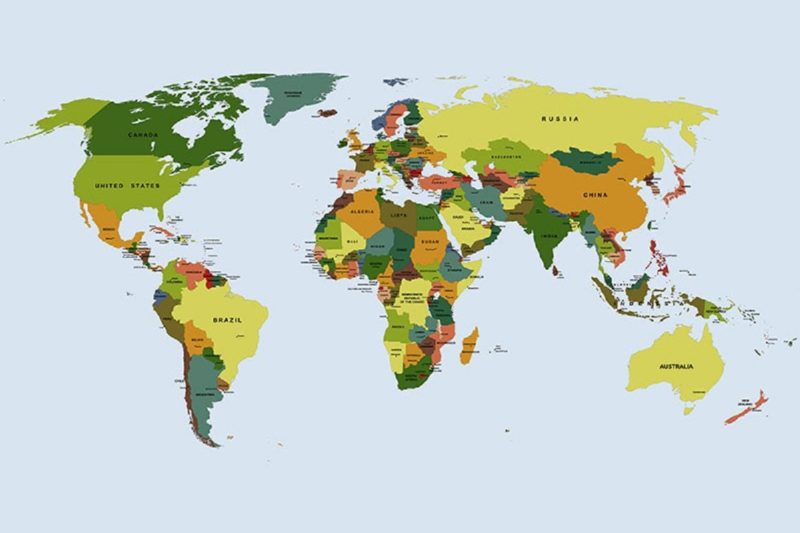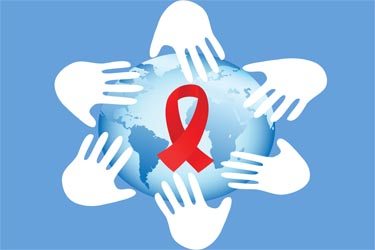
Ann M. Starrs
Ann M. Starrs assumed leadership of the Guttmacher Institute in August 2014, becoming the fifth president and CEO in the 46 years since the organization’s founding. A widely recognized expert in reproductive and maternal health, Ms. Starrs has authored or co-authored numerous papers and commentaries on global health policy issues during her nearly 30 years in the field. She is also a leading global expert on maternal health policy and an influential advocate for the health and rights of women and adolescent girls worldwide. Prior to coming to Guttmacher, she was president of Family Care International, a nongovernmental organization that is dedicated to improving reproductive, maternal and newborn health throughout the developing world and which she helped cofound in 1986. She served as co-chair of the Board of the Partnership for Maternal, Newborn and Child Health in 2005–2011; was part of the Developed Country NGO Delegation to the Board of the Global Fund to Fight AIDS, Tuberculosis and Malaria; and is currently a member of the Council on Foreign Relations. Trained in development economics and demography, Ms. Starrs holds a master’s degree from Princeton University’s Woodrow Wilson School of Public and International Affairs and a certificate in demography from Princeton’s Office of Population Research. She received her undergraduate degree from the University of California, Santa Cruz.


